Medicine is paradox. To save, we cut with sharp knives. We ignore pain, so that it will light the path to diagnosis. We give toxins to destroy toxic disease. We scold our neighbors when they neglect their health, even as we work ourselves to exhaustion, eat too much and evade exercise. We comfort the families of our patients, while ignoring our own.
There is one contradiction, which by its very nature defines what it means to be a doctor. It is a foundational value on which the profession rests. We must care deeply about each person, while not caring about them at all.
Doctors must be without judgement or prejudice, and must treat every person without regard to what they believe, what they have done or who they are. Murderer, mother or monster, saint, slum lord or sex offender, nurse, noble or Nazi, the physician is tasked to treat each as human and patient. This creed is not only every doctor’s calling; it is the utopian vision which Medicine offers the world.
I am concerned that this fundamental value may be in danger. It is not just the suddenly angry, callous, in-your-face society into which we have spun. Nor is it vicious Facebook assaults, or the increase in public acceptance of ostracizing, biased, fear-laden rhetoric. Rather it is a change, perhaps the result of this furious flood of disrespectful national communication, which I sense in myself.
I recently took care of a patient with advanced cancer … the type is not relevant, but the pain, loss and terminal nature is core. He grew increasingly terrified, as his life, part by body part, was stripped away. He desperately needed my help. The problem is that, frankly, I cared.
I cared that he was an evil man. His life had been spent bringing abuse and hurt to others, and even though he was very sick, he continued to reap misery upon his family. He was manipulative, condescending, hubristic and usurious. I found myself thinking that there was justice in his fear. It was hard to see any benefit or reason, let alone “good,” in helping him live even a little longer.
The real horror, is that I had come to see him as “evil.” Such judgements may be rendered by family, courts, society or god. They are never the place of a physician. None-the-less, every time we met I could feel, in me, the bile of anger, frustration and sanctimonious judgement. I was sliding close to that line where prejudice would change my care, so that he might suffer more, as he so “deserved.”
I am deeply disturbed by this case, because it is a gross deviation from how I have seen my patients and profession for so many years. I have learned to see, and without out judgement accept, human frailties and deviation as part of the constellation of each individual and to use those traits, even when other forums might judge, to guide and help each patient. I found myself feeling as if I might punish this man for his life, instead of returning him to it.
The peril is that the shift in tolerance, diversity and compassion of our society may penetrate so deeply that it will poison even the healers. The national tumult may have affected my ability to treat this man because it gave me license to find righteous justification in anger. This is a frightening result. If this pathological societal conversation continues and spreads, if blame and hate grows, like a disease it may infect the whole of us. If its virulence is not stopped, the consequences may be catastrophic.
While it is the role of all to be open, fair, accepting, and to recognize the sanctity of each person, this burden rests most heavily on the shoulders of the medical profession. It is our calling not only to care for the sick without judgement, but to teach the value of life. The altruistic voice of physicians must remind us of the beauty and potential of all persons, and we must help others see through fear in order to accept that while we may be different, we are more deeply the same. Any society which holds as less by anger, bigotry or hubris any person or people, has within it a spreading disease. Doctors must heal. They must guide and remind us that in the end, we are, one and all, human.

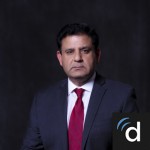
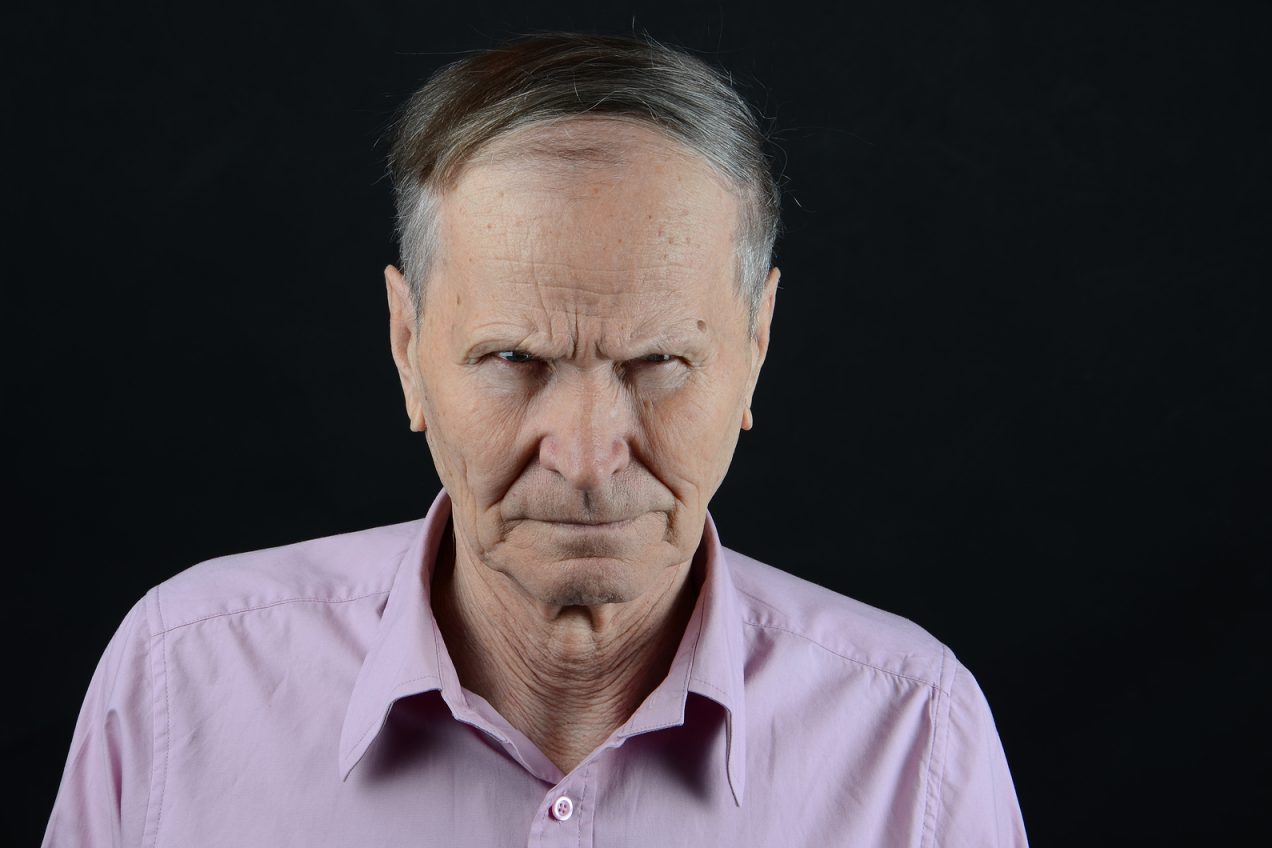
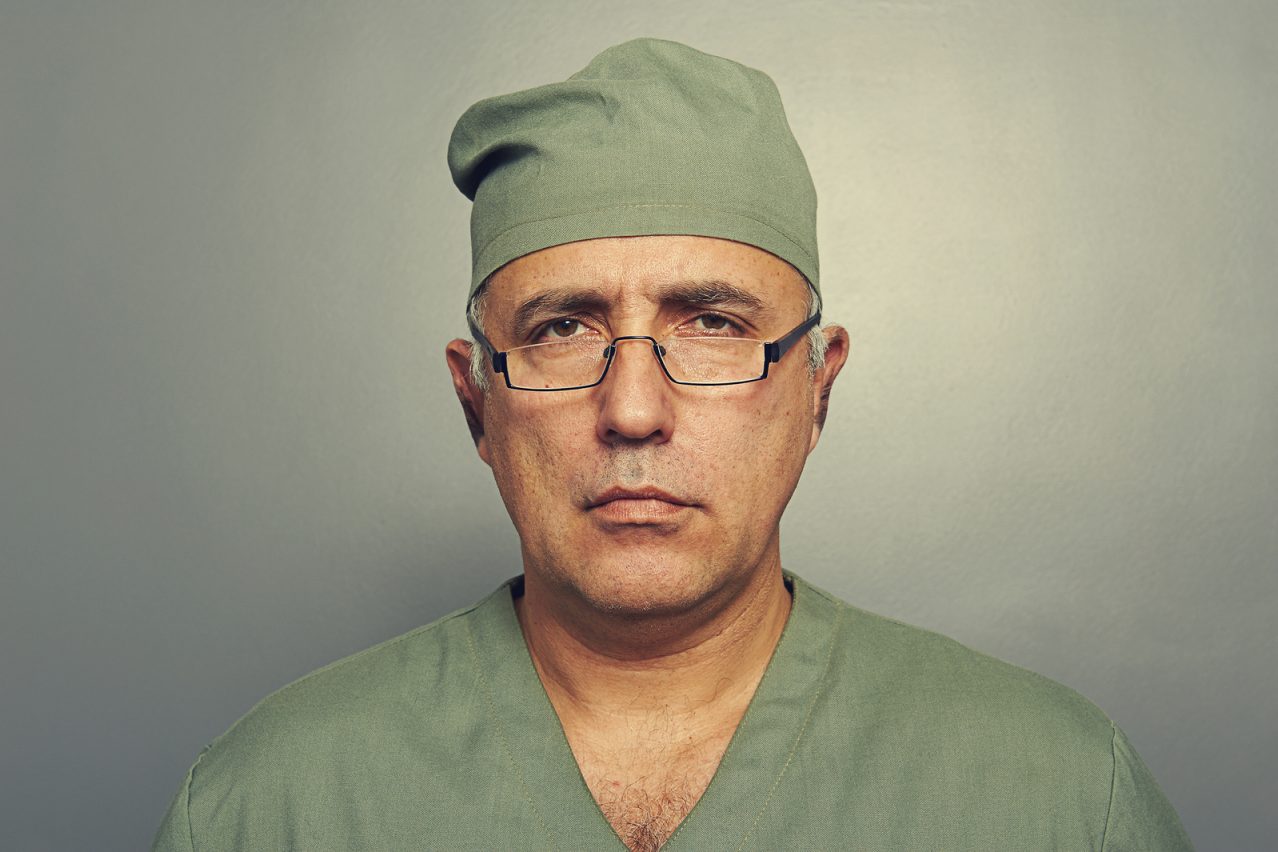
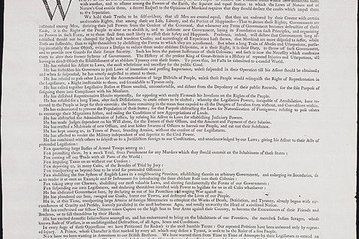
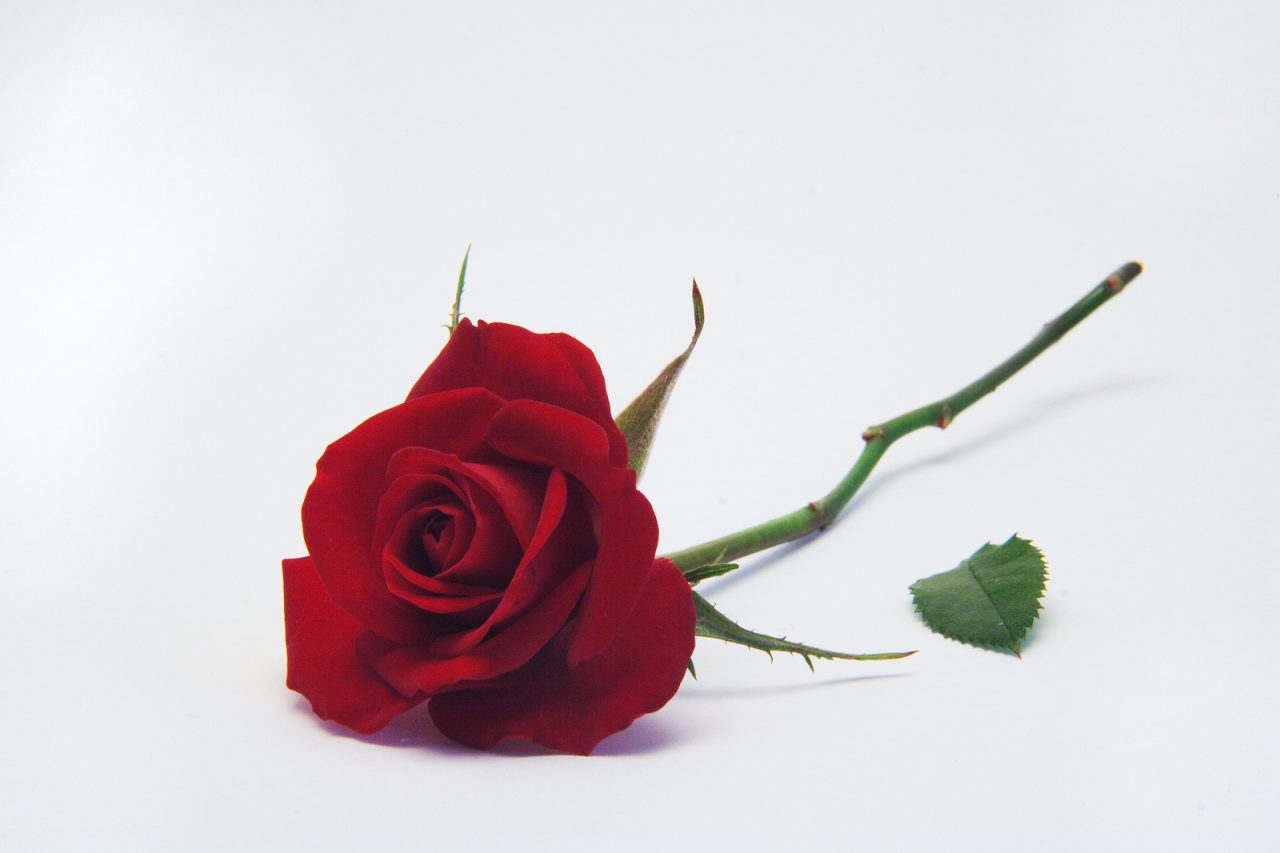
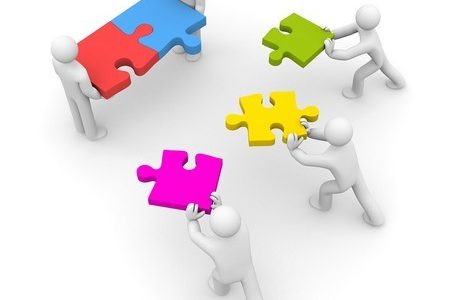
12 Comments